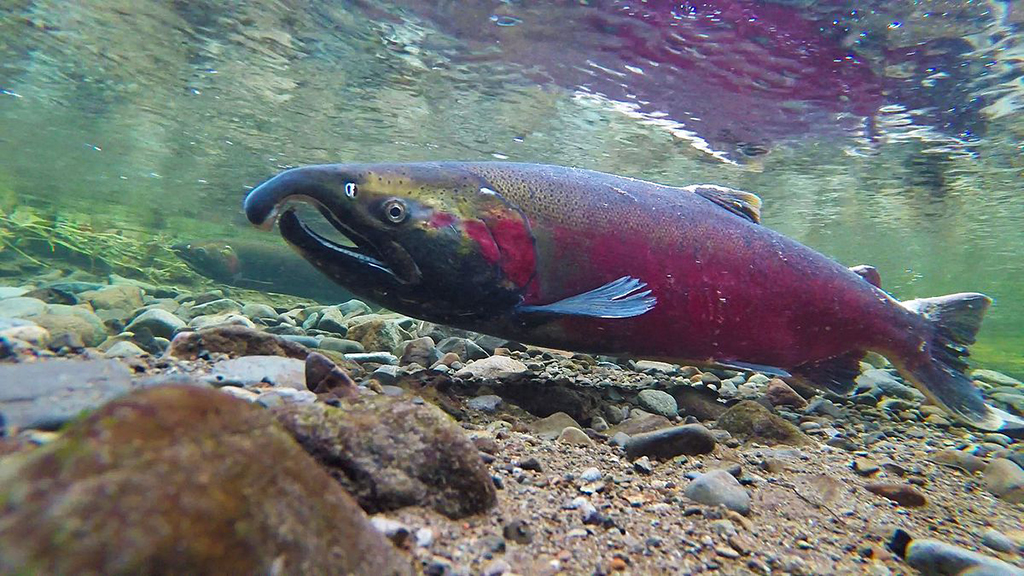Abstract
This PowerPoint case study examines a series of coho salmon die-offs in the Pacific Northwest to introduce students to the importance of learning through failure in science. Such failures are an important part of the scientific process as they lead to revised hypotheses, refined experimental design, and redirected research efforts, all of which lend themselves to future discoveries and innovations. In the early 1980s, researchers at Washington State University observed high coho salmon mortality rates in populations traveling through urban streams in Puget Sound, Seattle; this same pattern was not seen in nearby natural streams. Scientists tested several hypotheses and assessed hundreds of potential toxins before discovering that 6PPD-quinone was the causal agent in coho salmon death in the Puget Sound area. Originally designed for use in a large, introductory undergraduate biology course, this case would also be appropriate for many introductory STEM undergraduate or high school courses given its emphasis on learning through failure.



